Written by Alice Ma, Moscow Food Co-op Board of Directors
Many of us were quite frustrated with the recent changes in recycling standards, and it has been heartwarming to see how much our community has supported the Co-op’s efforts to reduce waste, especially when it comes to plastic.
While recycling is a much better alternative to tossing something in the trash, it is important to keep in mind that there are more effective ways of reducing waste. If you’ve ever heard of the 3R’s: Reduce, Reuse, and Recycle, you might be aware that those are listed in order of the most to the least preferred. Many efforts are focused on recycling, but addressing the root cause of waste involves reducing and reusing first. Reducing our consumption prevents the introduction of new items into the waste stream. Reusing what we do have gives the item another life before it goes into recycling or the landfill. There are many ways we can be mindful and reduce and reuse before we recycle. Here are a few examples of some ways you can practice all three of those R’s, plus a few bonus ones!
1) Reduce: Consume and make your purchases thoughtfully and with intention. Before purchasing something, stop and evaluate your need for the item. Is the item truly a necessity? Is this something that will add to your life in the long run? Often, when it comes to purchases like new electronics and clothing, the answer is no. For necessities, look for the most environmentally-conscious way of purchasing the item. For example, purchasing food without packaging, borrowing the item from a friend, or purchasing a new-to-you version from a local thrift or consignment shop.
2) Refuse: Consumption waste can occur without the exchange of money. We are often enticed by free samples and other giveaways while attending events. Many times, these items are made of plastic, or otherwise meant to be an item with a limited lifespan. Instead of accepting every freebie that comes our way, try politely refusing.
3) Reuse or Repurpose: If you’ve come across an item that has served its intended function, give it another life by reusing or repurposing it. Did you recently buy a plastic jar of gelato that is now empty? Bring it into the Co-op bulk section, use the scale to measure the tare weight, and fill it up with your favorite bulk item. Other examples include using old clothing to make reusable produce or bulk bags, or reusing paper bags to wrap gifts.
4) Repair: It’s tempting to throw away items that are no longer in working order. Before sending the item away, consider whether or not a repair can be done. This may involve patching up a hole in clothing, or finding a replacement part for an electronic. Many times, if you are unable or unwilling to make the repair, regifting the item to someone may be an option.
5) Regift: One person’s trash can certainly be another person’s treasure. If you have something you can no longer use or repair, ask around to see if someone else will find it useful. The Buy Nothing Project (www.buynothingproject.org) is a wonderful resource for donors looking for receivers, and has local chapters in both the Pullman and Moscow areas. If you’ve got some extra silverware on hand, the Co-op’s Sustainable Silverware project is happy to take them. Extra shopping bags and egg cartons can also be dropped off at the front end and shared with fellow shoppers.
6) Recycle: Lastly, if the item has no useful life left in it for you or anyone else, search for a means of recycling it. Moscow Recycling accepts paper, aluminum, glass, plastics #1 and #2, and a few types of electronic items. For items that don’t fit into those categories, consider looking into alternatives, like the Co-op’s partnership with Trex, to recycle plastic film and packaging. Companies like TerraCycle (www.terracycle.com) can also take your granola bar wrappers, toothpaste tubes, and other items and upcycle them into backpacks, shoes, and shower curtains. Check the recycling standards in your community to be sure you are not contaminating recyclables with non-recyclables or unclean items. Unwashed recyclables or recyclables that haven’t been emptied out can cause a whole neighborhood’s collected load to be unrecyclable!
The Co-op is happy to help shoppers reduce, reuse, recycle, and everything in between. We welcome any suggestions on how we can improve our waste management efforts. For more information on the Co-op’s sustainability initiatives, visit www.moscowfood.coop/sustainability .

